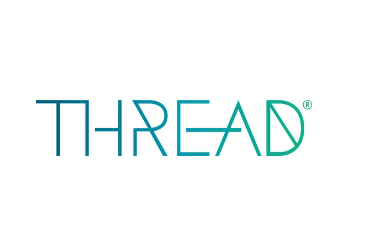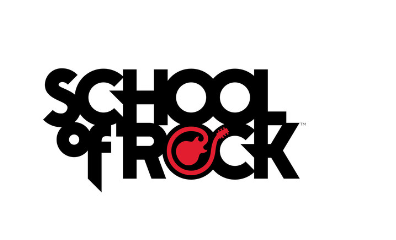clown是什么意思(clown的用法)

大家好,知识小编来为大家讲解下。clown是什么意思,clown的用法很多人还不知道,现在让我们一起来看看吧!
一、clown是什么意思
1、clown 小丑
2、可能来自clod,大块,笨拙。
二、clown的用法
1、clown
2、clown: [16] Clown’s antecedents are obscure. Its earliest recorded sense is ‘unsophisticated or boorish country fellow’, which has led to speculation that it may come ultimately from Latin colonus ‘colonist, farmer’ (residence in the country often being associated with backwardness or lack of sophistication, as in the case heathen and pagan). Others, however, see a more direct source in a Germanic language from the Low Countries or Scandinavia: North Frisian klönne and Icelandic klunni, both meaning ‘clumsy person’, have been compared.
3、clown (n.)
4、1560s, clowne, also cloyne, "rustic, boor, peasant," origin uncertain. Perhaps from Scandinavian dialect (compare Icelandic klunni "clumsy, boorish fellow;" Swedish kluns "a hard knob; a clumsy fellow," Danish klunt "log, block"), or akin to North Frisian klönne "clumsy person." Or, less likely, from Latin colonus "colonist, farmer," though awareness of this word might have influenced the sense development in English. Meaning "professional fool, professional or habitual jester" is c. 1600. "The pantomime clown represents a blend of the Shakes[pearean] rustic with one of the stock types of the It. comedy" [Weekley]. Meaning "contemptible person" is from 1920s. Fem. form clowness attested from 1801.
5、clown (v.)
6、c. 1600, "to play the clown onstage," from clown (n.); colloquial sense of "to behave inappropriately" (as in clown around, 1932) attested by 1928, perhaps from theatrical slang sense of "play a (non-comical) part farcically or comically" (1891). Related: Clowned; clowning.
本文到此分享完毕,希望对大家有所帮助。









